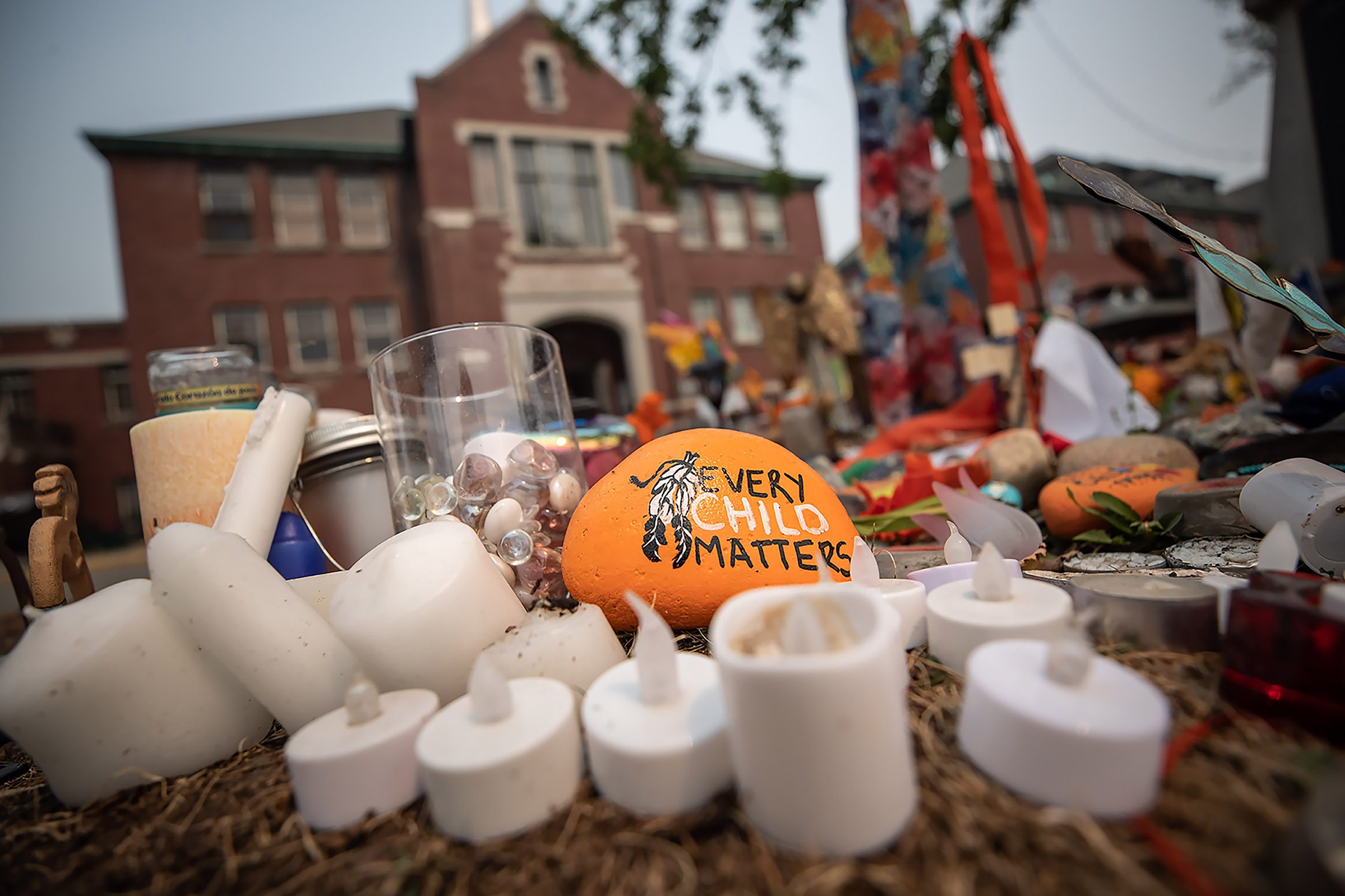Debunking the “Mass Grave Hoax”: A Report on Media Coverage and Residential School Denialism in Canada
October 2023
Reid Gerbrandt, Dr. Sean Carleton

In the two years since the Tk’emlúps te Secwépemc First Nation’s 2021 announcement about the location of 215 potential unmarked graves at the former Kamloops Indian Residential School, a number of priests, pundits, and politicians have downplayed and questioned the validity of the findings. Some have declared the news of potential unmarked graves at many former residential school sites across Canada to be a “huge lie”. Others insist that mainstream media, the federal government, and First Nations have conspired to created a “hoax” by misrepresenting the news of potential unmarked burials sites as a “mass grave” to shock and guilt Canadians into caring about Indigenous Peoples and reconciliation.
Given the growing popularity of the “mass grave hoax” narrative, especially on the far-right in Canada and the United States, and recent calls for Canadians to take responsibility for countering such harmful misinformation, Reid Gerbrandt and Dr. Sean Carleton, assistant professor in history and Indigenous studies at the University of Manitoba, decided to investigate the claims of a media conspiracy and fact-check them against the evidence of what was actually reported in Canada. This report outlines their findings and recommendations.
Debunking the “Mass Grave Hoax”: A Report on Media Coverage and Residential School Denialism in Canada was released in October 2023.


